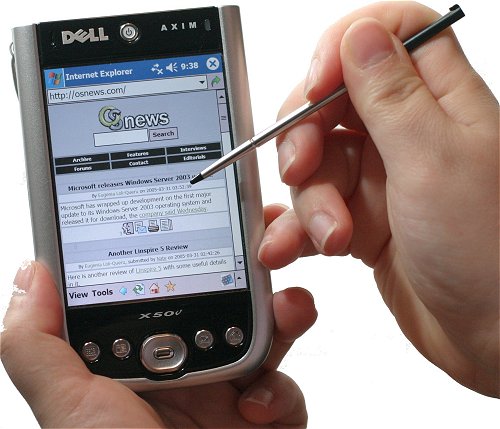 PROS:
PROS:Old fashioned doesn't mean inefficient, in fact the simpler may sometimes be better. CONS:
There are a lot of technology capabilities you will miss.
Ecommerce is a complex business. Before anything gets set up, you will have to deal with businesss plans, expenses, managing people, contracts, legalities, and marketing goals. In fact, it can be so complicated to the point that if you intend to make it a home-based business, forget sleep for the first few months. It can be tough, but if you are decisive and passionate, the reward is going to be worth the trouble.
In the middle of chaos, there is no refuge but simplicity. Most entrepreneurs would not be able to live without their PDAs and laptops. If your ecommerce solution is to make things more efficient, the clutter of new technology can be a burden instead of a help. I find that if I simply have a notepad on hand and I can see my goals for the day listed on the paper, I become more "aware". Using gadgets such as PDA can be fun but I would have to deal with charging the battery, looking for lost stylus, adjusting screen resolution when I can't see very well. No kidding, but like Cindy Barrilleaux of Writeyourbest.com, whittling away unnecessary activities with new technology is an excellent way to manage time.
What better ecommerce solution than to have enough time to work on the more important tasks at hand?
“Simplicity is the ultimate sophistication.”
Leonardo da Vinci